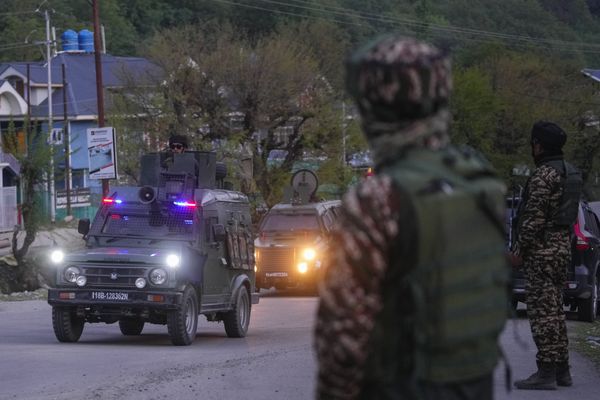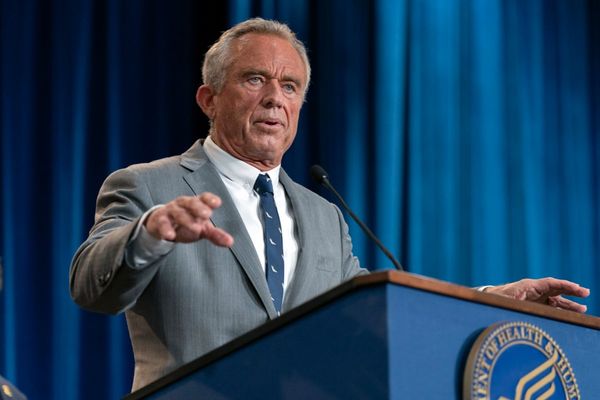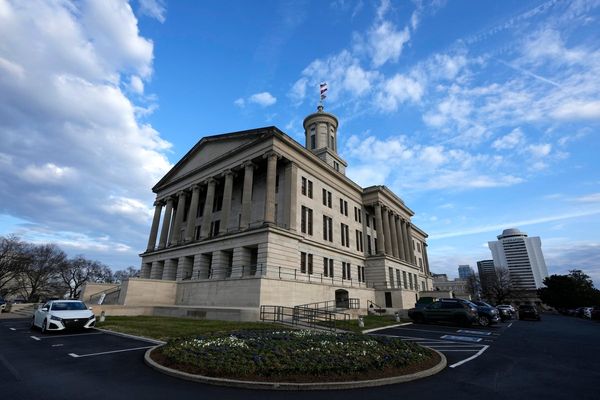
Boris Johnson’s loss of leadership is looming large as ministers and aides leave in their droves. When (rather than if, this time) his litany of lies and obfuscation catches up with him, the UK Prime Minister will take from Downing Street something else: his mastery of the non-apology.
Johnson plays in a different league of verbal jousting to the other populist leaders. Compared to former US President Donald Trump, who continues to live by “deny until you die”, and our own departed former prime minster Scott Morrison, who opted for “deny until it becomes apparent you will die”, Johnson plays what is termed a non-apology with a little more nuance.
His backflip on Chris Pincher, the MP who Johnson appointed as deputy whip even though he knew he was a groper, came with concessions: “Yes, I think it was a mistake and I apologise for it. In hindsight it was the wrong thing to do.” In hindsight?
Or take his now infamous Partygate ‘apology’. That was riddled with caveats and restraints; all ‘it’s you, not me’ implications: “I understand and share the anger up and down the country at seeing Number 10 staff seeming to make light of lockdown measures, I apologise unreservedly at the offence it has caused up and down the country.”
As The Economist’s language columnist Lane Greene puts it, “A non-apology is one of those, ‘I’m sorry if anyone misunderstood my intentions.’” He explains that the use of language to apologise (or not) and the use of language to ascertain intent of a misdemeanour (or not) are both key in the art of political wordplay.
Whilst Johnson has shown himself to be capable of a what Greene terms a “95%” apology, as was the case when he was forced to text the Queen with his tail between his legs for drowning his sorrows on the eve of Prince Philip’s funeral, even this came with its caveats.
Yes, he acknowledged wrongdoing (“there were things we simply did not get right”); yes, he acknowledged the harm done (“the rules are not being followed properly by the people who make the rules”) and, yes, he acknowledged people’s rightful anger at that harm (“I know the rage they feel with me”, but Greene gave Johnson “minus five points” for saying “when they think in Downing Street the rules are not being properly followed”.
The time for Johnson to have a Morrison “bulldozer” moment of reckoning and try his hand at a genuine apology in light of recent events appears to have passed. Overnight, more than 40 junior ministers and aides left him a day after two senior cabinet ministers.
Greene anticipates that the PM won’t entertain it until he officially resigns. “Given the anger over what has happened, he cannot afford another 95% admission of wrongdoing on the scale of the Number 10 parties without simultaneously showing himself out,” he said.
But retired associate professor of linguistics and occasional Crikey columnist Tim Moore sees it slightly differently. Silence is the real harbinger of a hung man. “The ultimate is not saying anything at all. When he arrived at Downing Street, he jumped out of the car and avoided all questions. For Johnson, that’s the most telling because silence is something he just doesn’t do. He always imagines that he can bluster his way through his words.”
It appears Johnson has exhausted his vocabulary. But will Britain and the world feel sorry? Unlikely.







